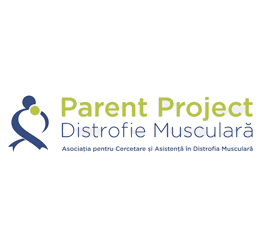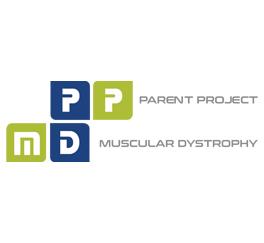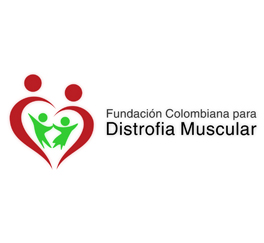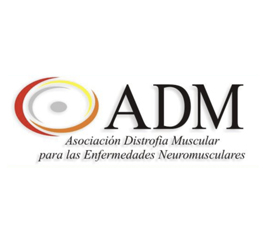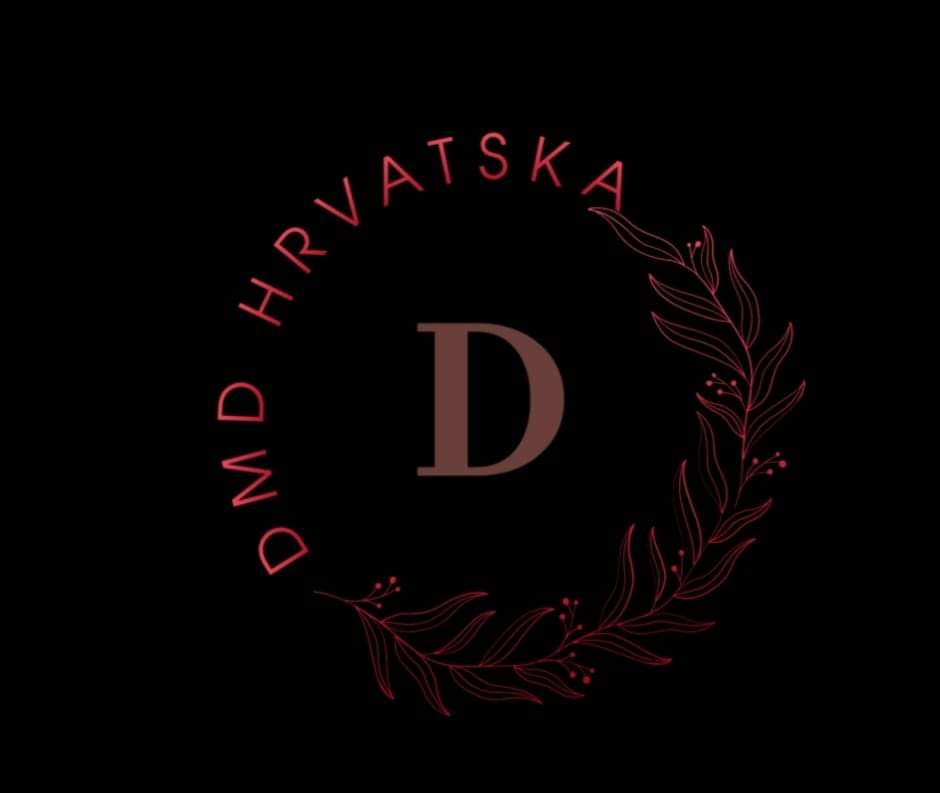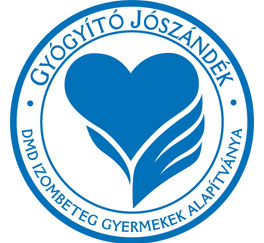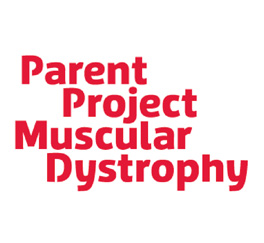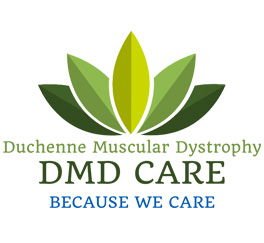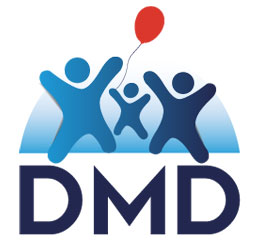In data 15 settembre 2023 l’EMA (Agenzia europea per i medicinali) ha espresso un parere negativo rispetto all’autorizzazione all’immissione in commercio di Translarna™️ (ataluren) per il trattamento della distrofia muscolare di Duchenne con mutazione nonsenso.
Il farmaco è attualmente l’unico trattamento ad oggi possibile per i pazienti con distrofia di Duchenne con mutazione nonsenso, in Italia reso disponibile dal 2014 per i pazienti dai 5 anni in su e dal 2021 anche per i bambini con età pari o superiore ai due anni.
Questa decisione, se venisse confermata, rischia di ridurre le opzioni terapeutiche che abbiamo ottenuto negli ultimi 25 anni con la nostra comunità internazionale Duchenne.
Per far sentire la nostra voce presso l’EMA abbiamo costruito questa pagina web e abbiamo realizzato il video che trovate qui sotto.
Almeno 800 pazienti saranno interessati
dalla decisione dell’EMA
Aiutaci ad alzare la voce
LA LETTERA PER I CHMP MEMBERS:
Dear CHMP Members,
The recent CHMP decision not to renew the marketing authorization for “ataluren” (Translarna) has upset hundreds of patients and families across Europe.
We are now concerned that we may no longer benefit from a drug that for years has been the only specific treatment option for Duchenne patients with a nonsense mutation.
According to our families, after years of effective use, ataluren is a safe and easy drug to use in children with no serious side effects or adverse events identified. The slowing of disease progression is frequently observed and often exceeds expectations.
The families and caregivers of the boys treated with ataluren have sufficient evidence that ataluren works:
1. Many families noticed a slowing of the decline
2. It shows effects across the spectrum of patients
3. It shows effects even in the most severely affected.
Most of all, what the families report about ataluren is consistent with the published data coming out of the STRIDE Registry.
The STRIDE registry currently provides a unique opportunity to directly observe the long-term benefits of ataluren in delaying the loss of walking ability. With approximately 300 boys treated for an average of 5.5 years, there is a 3.5 year delay in loss of ambulation for patients treated with ataluren compared to the CINRG natural history population.
We believe that the CHMP may have undervalued this important source of real-world evidence (RWE) in its opinion by raising methodological doubts.
At the time of the conditional approval of ataluren, the same CHMP requested the implementation of a post-marketing registry (STRIDE registry). Now, at the time of harvesting the fruits of that effort, the Committee decided that the data and registry, which included hundreds of treated patients, were not as relevant.
We recognize the complexity of the CHMP’s work and the need to make decisions based on regulatory-compliant methodologies. However, we believe that when reviewing the scientific evidence on DMD, it is essential to adopt a broad perspective and assess all available evidence without preconceptions.
It is also important to recognize that Duchenne is characterized by a highly variable clinical course that is difficult to predict. However, we fear that the enormous variability of this disease has been less recognized, or at least not adequately considered in the evaluation process.
What we expect, and what our families and our children eagerly await, is that this committee will continue to reassure those already affected by DMD that they have the possibility of hope. Ataluren is not “the cure”, we are well aware of that, but it allows us to buy time. And time is crucial for patients with DMD, as the disease progresses in the absence of specific treatments.
Today, steroids are the standard of care, but we have spent 20 years discussing them, and in the meantime, many boys have lost the opportunity to benefit from even small improvements.
At this point, we can predict loss of functional ability based on natural history studies, and some children and adults will undoubtedly lose certain abilities within a year or two.
Our families have their own point of view and they do not expect miracles, we would be happy with a stabilization, that would be our way to buy some time.
The boys who have lost their ability to walk want to maintain their freedom to perform daily functions, such as using a laptop, driving a wheelchair, feeding themselves, or transferring to the toilet.
It is important to remember that Duchenne is a continuous disease, and so is the progression.
In our experience, the delay in the loss of ambulation is also the delay in self-feeding ability and respiratory capacity and cardiac function, this is important for daily activities.
We understand that drugs are approved based on data, not emotion.
We understand that regulatory agencies can be risk averse.
But “doing nothing and having a potentially effective drug canceled” is also a risk that is not often considered.
If we cancel ataluren, we have to take the risks of doing nothing.
Duchenne muscular dystrophy is a rare genetic disease affecting approximately 1 in 5,000 males. It leads to progressive wasting of all the muscles in the body. The first symptoms of the disease appear when our children are very young, and worsen over the years, progressing from loss of function in the lower limbs to loss of function in the upper limbs, and eventually involving the heart and respiratory muscles.
Duchenne is caused by a mutation in the gene that codes for a protein called dystrophin. Without dystrophin, muscles cannot function properly or repair themselves. From our extensive experience as parents and family members of children and adolescents with DMD, we witness daily the complexity and severity of this disease, known to physicians who strive with expertise and dedication to alleviate the suffering associated with such dramatic events.



